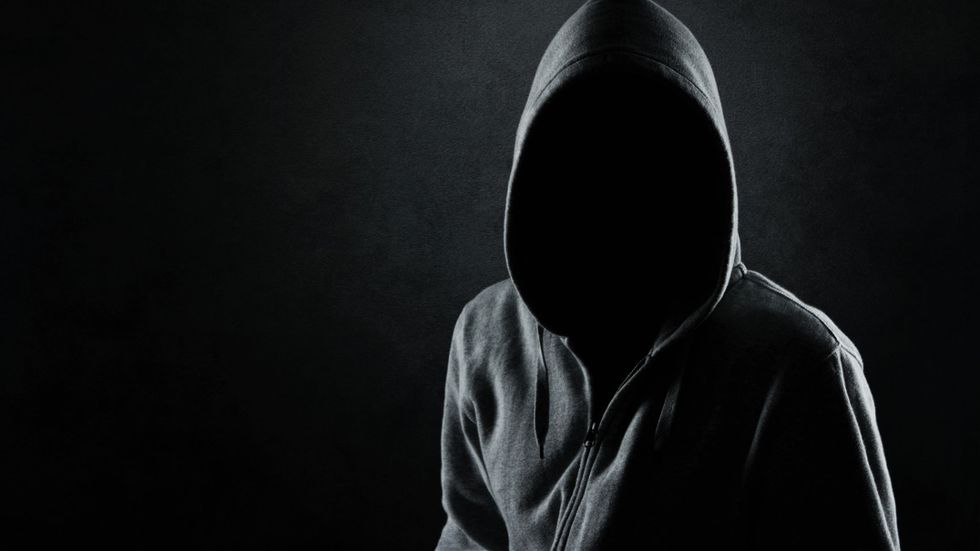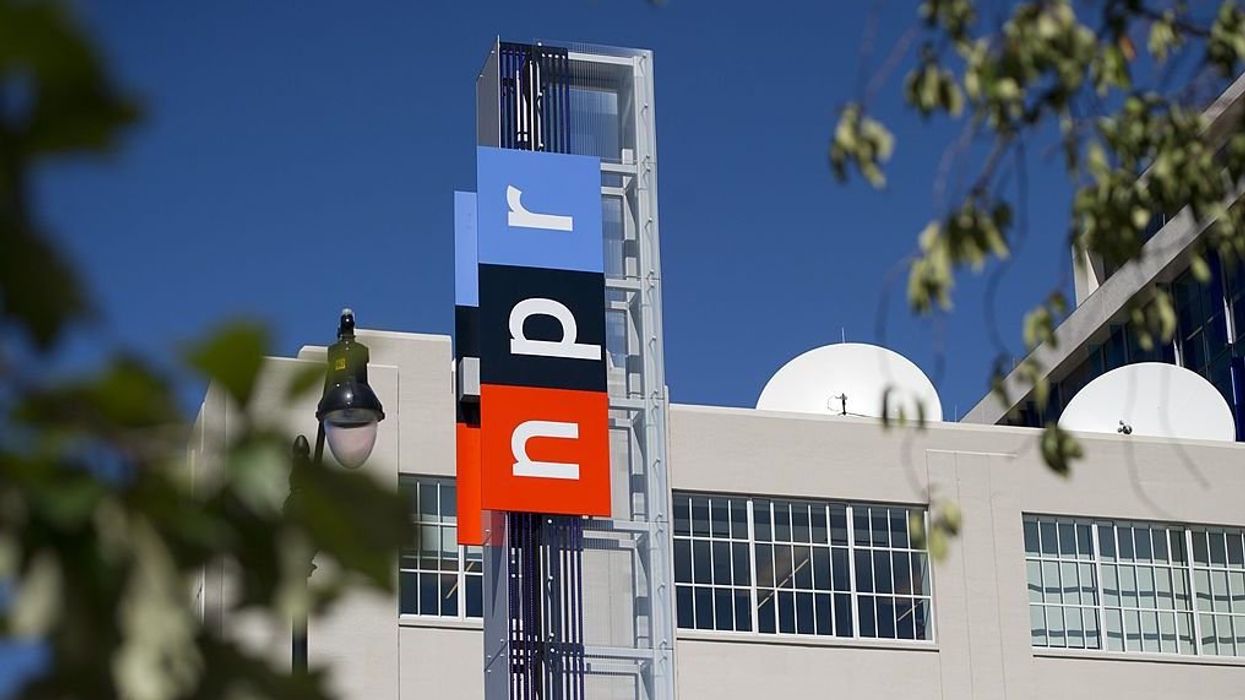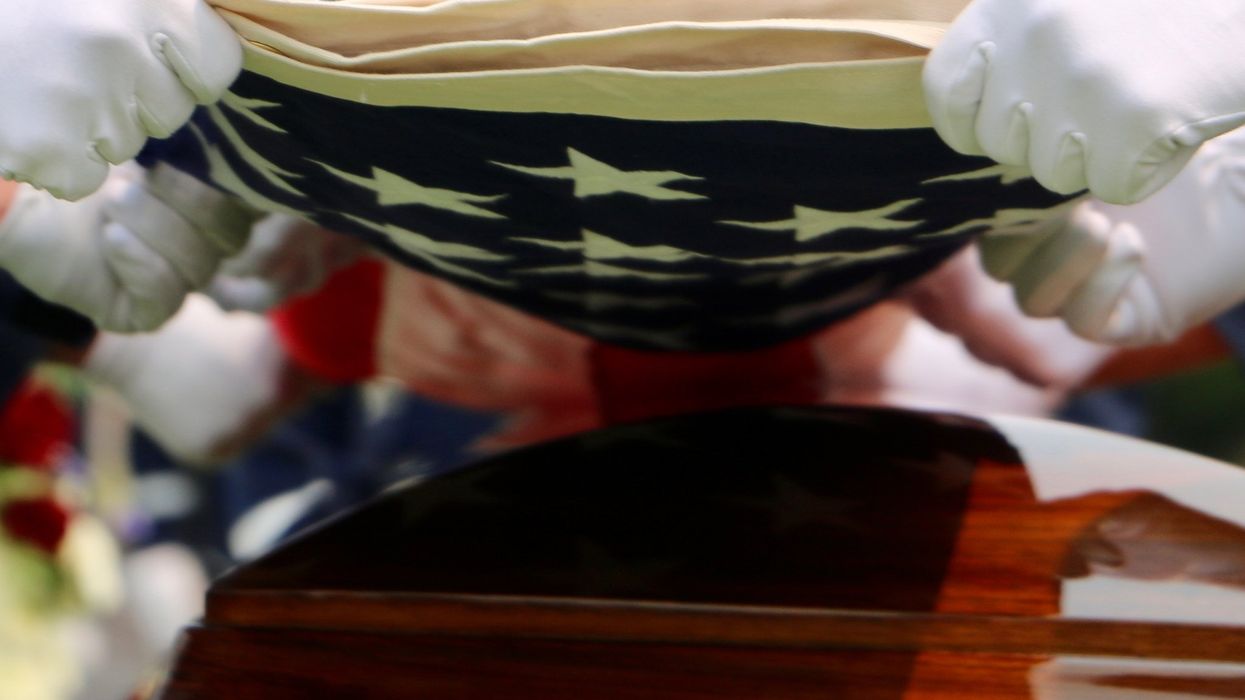
© 2024 Blaze Media LLC. All rights reserved.
U.S. 'ally' Qatar appears to be dangling information about Trump associates
March 12, 2018
After being accused of hacking Republican officials connected to President Trump, it now appears that the rogue state of Qatar has taken to blackmailing top associates of the commander-in-chief through the media.
On Monday, NBC News reported that the regime that rules Qatar claims to have damaging information about associates of President Trump and their connections Doha’s rival state, the United Arab Emirates (UAE).
The report adds that the Qataris have long contemplated delivering dirt on Trump associates — such as Jared Kushner — to special counsel Robert Mueller. NBC’s sources, unspecified Qatari associates, told NBC that they have not sent the information to the Mueller team. However, the story raised the possibility that Qatar is instead seeking to chip away at the president’s legitimacy through the media. The report claims it’s “unknown” whether Qatar is the source of media leaks to the New York Times and CNN — which appear calculated to damage the president and empower the Mueller team.
The NBC report claims that Qatar has information that President Trump’s position on Qatar was influenced by Kushner’s previous business dealings with its rivals. The piece overlooks the fact that conservatives have united behind the president’s requests of Qatar. As many of its Gulf neighbors are taking an active role in countering jihadist terrorism, while continuing efforts to reform and modernize, Qatar remains intent upon allying with state sponsors of terror and terrorist groups.
Qatar has decided against cooperating with Mueller “for now,” the report adds, which makes it seem like Doha is hanging the information over Trump officials’ heads as a means of potential future blackmail.
Shadowy operatives seemingly connected to Qatar continue to put forward allegations in media reports that implicate Trump associates on a variety of unproven charges.
Last week, the New York Times revealed that special counsel Mueller was investigating a controversial lobbyist for the UAE, along with his ties to the Trump administration. At the same time, the paper admitted that it got its research from “someone critical of the Emirati (UAE) influence in Washington.” There is a high likelihood that the “critical” person may be a lobbyist for the regime in Qatar, given the fact that Qatar is the UAE’s chief rival in the Gulf.
#mc_embed_signup{background:#fff; clear:left; font:14px; }
/* Add your own MailChimp form style overrides in your site stylesheet or in this style block.
We recommend moving this block and the preceding CSS link to the HEAD of your HTML file. */
We also learned earlier this month that Elliot Brody, a top Trump fundraiser who is also the national deputy finance chairman for the Republican National Committee, believes his emails were hacked by Qatar. Brody’s allegedly stolen emails were dispersed to reporters in multiple news organizations, which leveraged the emails to highlight his ties to the UAE. He wrote a public letter about the fiasco, claiming that the Qataris are carrying out “hostile intelligence operations against United States citizens.”
Qatar claims to be a stalwart U.S. ally, but it is often aligned with Islamic supremacist states groups and individuals who seek to target the United States. Qatar continues to provide safe haven for the spiritual leader of the Muslim Brotherhood, who has called for suicide bombings against American soldiers. The rogue nation also provides political offices in Doha for terrorist groups such as Hamas and the Taliban. Qatar’s leaders continue to work with the terrorist regime in Iran while supporting Al Qaeda-linked groups in Syria.
The oil-rich nation spends over $20 million per year to lobby for its foreign policy priorities. Qatar pays off policymakers, think tanks, academics, and members of the media on a regular basis. Between 2011 and 2014, Qatar pledged $21.6 million to the Brookings Institution, a prominent liberal think tank. In 2014, Qatar agreed to deliver another $14.8 million over four years to Brookings. Brookings employees cannot take “positions critical of the Qatari government in papers,” a whistleblower told The New York Times. Often shameless in its pursuits, Qatar is currently paying lobbyists to stop a bill in Congress that would shut down terrorist financing networks connected to the country.
Want to leave a tip?
We answer to you. Help keep our content free of advertisers and big tech censorship by leaving a tip today.
Want to join the conversation?
Already a subscriber?
more stories
Sign up for the Blaze newsletter
By signing up, you agree to our Privacy Policy and Terms of Use, and agree to receive content that may sometimes include advertisements. You may opt out at any time.
© 2024 Blaze Media LLC. All rights reserved.
Get the stories that matter most delivered directly to your inbox.
By signing up, you agree to our Privacy Policy and Terms of Use, and agree to receive content that may sometimes include advertisements. You may opt out at any time.


